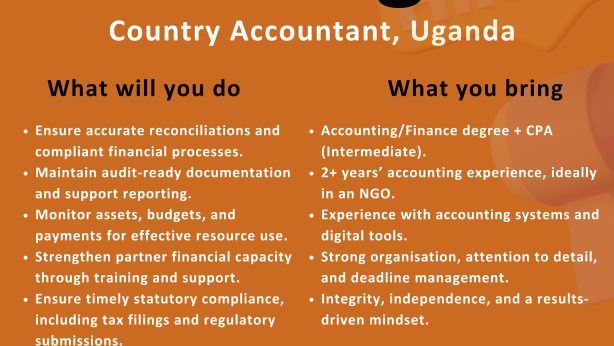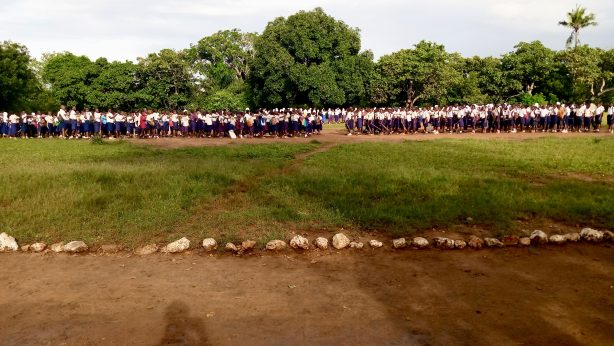Protecting Journalists and the Media: East African citizens’ views on media freedom.
As the world marks the International Day to End Impunity for Crimes Against Journalists, Twaweza in Kenya, Tanzania and Uganda joins the media community to call for an end to the intimidation, violence and murder of journalists.
In marking this day, Twaweza highlights citizens’ attitudes to the role and importance of the media in society. These data were collected between 2014 and 2017 by Afrobarometer and by Twaweza through its Sauti za Wananchi initiative. They have been compiled and presented to mark the International Day to End Impunity for Crimes Against Journalists.
Across East Africa, more citizens generally support media freedom than government control of media, although this has fluctuated. In Kenya, Afrobarometer found that 6 out of 7 citizens (85%) support the statement that the media should be able to publish any views and ideas without government control. This is up from 55% in 2014. In Uganda 6 out of 10 citizens (59%) agree with media freedom, up from 54% in 2014. In Tanzania, for the first time in 2017, a majority (58%) agree that the government should have the right to stop the media from publishing things they consider harmful to society. This has increased from 45% who thought this in 2014, marking a decline in support for media freedom in the country.
The majority of citizens, 7 out of 10 East Africans, believe it is important for the news media to investigate and report on government mistakes and corruption. Tanzanians are more likely to agree that too much negative reporting can harm the country (32% of citizens support this view compared to 28% in Kenya and 24% in Uganda).
Across Kenya, Tanzania and Uganda, all citizens feel less free to say what they think compared to previous years. In Kenya 45% felt free to express themselves in 2017 compared to 55% in 2014; in Tanzania the proportion fell from 71% to 46% and Uganda experienced the most significant decline from 66% to 40% of citizens feeling free to express themselves.
Citizens are also largely convinced that the media are trustworthy. On average, 6 out of 10 East Africans think that the media rarely or never abuse their freedom by knowingly publishing untrue information.
According to Twaweza’s Sauti za Wananchi data, both Kenyans and Tanzanians see media freedom and access to information as very important components of democracy. On average 8 out of 10 citizens say the ability of media to operate freely and to access information about government work, revenues and spending are very important for democracy.
In Uganda and Tanzania, citizens are also especially supportive of their right to criticise government officials. Almost all citizens in both countries agree that citizens should be free to criticise:
- The government when they believe it has done something wrong (95% in Tanzania and 87% in Uganda agree)
- An MP for being lazy and not caring about their constituents (94% in Tanzania and 89% in Uganda agree)
- The President for making bad decisions and not listening to advice (80% in Tanzania and 85% in Uganda agree)
However, most citizens do not feel that they have this right in practice: a minority of one in three Tanzanians (36%) and four out of ten Ugandans (44%) feel free to critique information and statements provided by the President. More than half of Tanzanians (56%) feel that powerful people always or often influence the police to silence journalists.
Aidan Eyakuze, Executive Director of Twaweza, said: “Journalists occupy a special place in East Africa’s fledgling democracies. They expose corruption and wrong-doing, give voice to the voiceless and inform our public discourse. In fulfilling their powerful social role, they are exposed to unique risks and dangers. But just as frontline health workers are given preferential access to immunization and medicine in support of the work they do, journalists deserve special protection against the unique professional dangers they face in the service of truth.”
“While it is encouraging to see that East Africans are largely supportive of the critical role played by media in the region,” he continued. “But the power of the podium to shape public opinion is also on full display. In Tanzania, the growth in citizen support for government control of the media is probably linked to public statements and actions from leaders that cast doubt on the integrity and good faith of journalists.”
“We mark this day with a moment of remembrance for East Africa’s journalists who have died, are missing or have been injured while working on the frontlines of the search for information, insight and truth. We honour the sacrifices they have made in the pursuit of a more just and prosperous East Africa.”


